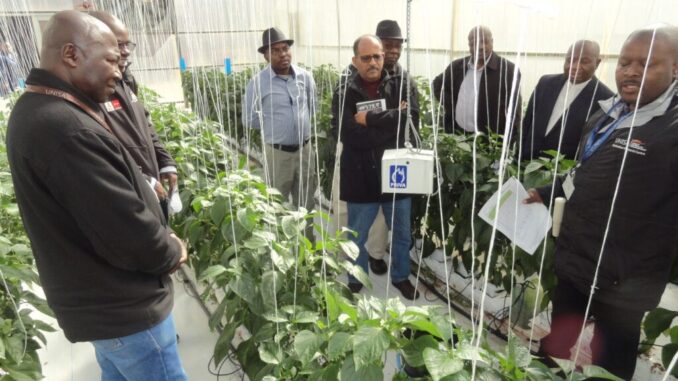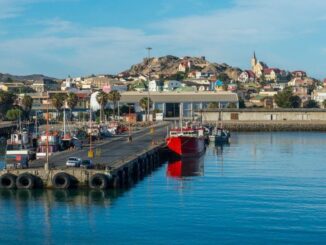
Picture: UNISA
Studies for the sustainable environment, livelihood, and agriculture
The college is situated strategically at the Unisa Science Campus in Johannesburg. Unisa has made science a priority and aims to grow research capacity and support research activities in the fields of agriculture and environmental sciences through the activities of the College. With its leading-edge laboratories facilities not generally associated with open and distance e-learning institutions our students will have a place to grow their minds and do what every scientist lives to do – put theory into practice.
Through the Science campus the College strives to be the number one world-class science centre of excellence in teaching, research, innovation, and community engagement for sustainable development.
The College offers a wide array of exciting qualifications in the science sphere. Its state-of the- art laboratories and equipment, and its dedicated group of science education professionals ensure that open distance learning students are afforded the very best support and practical exposure- unique to an open distance learning institution and indeed, on par with the very best on offer from residential universities.
The Department of Agriculture and Animal Health where, the focus is on both plant and animal agricultural sciences, agricultural economics and extension, animal health and agribusiness offers a wide array of exciting qualifications.

The research interests of the Department of Agriculture and Animal Health are medicinal and aromatic plants, vegetables and fruits, livestock, poultry, animal diseases such as tuberculosis, ethno-veterinary sciences, agricultural economics, agricultural management practices, animal health and agribusiness.
Department of Life and Consumer Sciences
The Life Sciences focus on discipline such as human physiology, biochemistry, biomedical sciences, botany, biology, biotechnology, genetics, microbiology, and zoology. The focus of Consumer Sciences is on food science, clothing and textile, nutrition and hospitality management.

Department of Environmental Sciences
This department has several core focus areas: environmental management and environmental science, nature conservation and horticulture and landscaping. The diverse academics in the department have a wide range of research interests including community- based and eco-tourism, environmental management, animal behaviour, soil science, water quality, vegetation studies and ecology, urban forestry and biodiversity management, and parks and recreation management to name but a few. The department also has a strong postgraduate student focus.
Department of Geography
Geography focuses on the relation between people, places, environments, and societies. Studying geography will help you understand the role of different societal aspects in the formation of places and spaces. Of particular importance is our focus on the interaction between people and their environment to make sense of our world. Geography consists of both physical and human geography. Physical geography is concerned with the earth’s physical processes such as climate, soils, water, hazards, landforms and vegetation.




